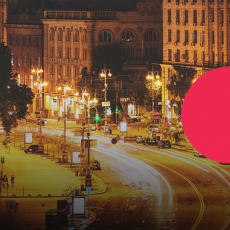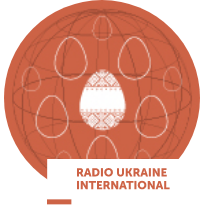"Amnesty is defined by Ukrainian law as a procedure applied to any criminal offenders, except such individuals committing war crimes, crimes against humanity. This includes taking captives, holding parades of prisoners of war, giving orders to shoot at children, to rape, etc. All such cases are specified in the international pacts ratified by Ukraine. And they are not included in the amnesty," Bezsmertny said in an interview published by the Focus weekly magazine on Friday. The amnesty procedure itself is governed by the national law, he explained. "In other words, a criminal probe is launched, then the case is submitted to a court where a guilty verdict is pronounced and once the defendant recognizes the verdict, a decision is made on a release from the punishment. Amnesty is individual by nature under Ukrainian law. In 2014, we adopted the first of such documents on the release from responsibility. Back then, the procedure was applied in accordance with the amnesty law: the prosecutor's office instituted a case, the inquiry was held and the case was tried by a court. What does it all mean? The point is that the enforcement mechanism has already been in use. Any other rules cannot be applied in Ukraine since it would mean a violation of [the principle] of equal rights of those who participated in such events," he said. Bezsmertny recalled that some people to whom the very rules were applied are deputies of the Verkhovna Rada today. And therefore, the same rules will be applied to all other participants in similar actions and the amnesty will be granted individually. First of all, it is necessary to ensure disarmament in Donbas, establish some institutions of power there; and it may take up to 10 years to complete the amnesty process, he said.
Amnesty must be granted to Donbas conflict participants only upon guilty verdicts, Kyiv believes
16.10.2015 р., 14:50
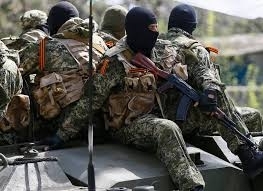
Останні новини
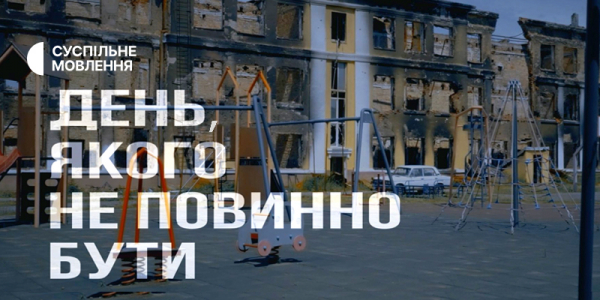
"День, якого не повинно бути" — поезія темних часів на Радіо Промінь

"Без Обмежень" новою піснею закликають берегти військових
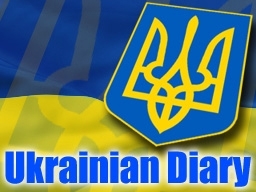
Ukrainian Diary – digest of the most important news over the past week
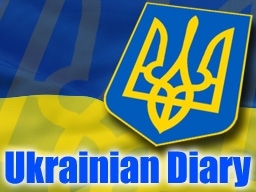
Ukrainian Diary – digest of the most important news over the past week (audio)
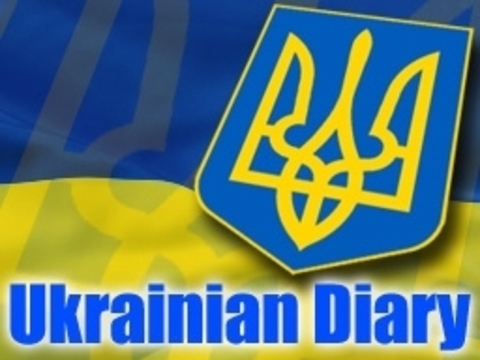
Ukrainian Diary – digest of the most important news over the past week
Related News
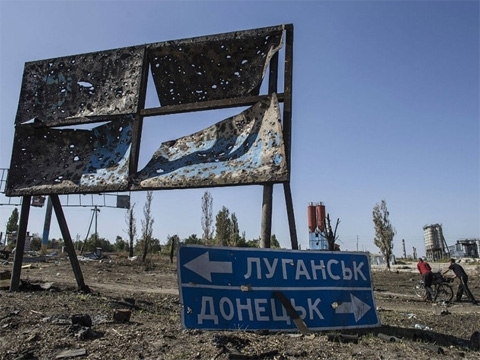
Situation in Donbass become aggravated
Germany says UN peacekeeping mission should be armed and act throughout Donbas
Klimkin: OSCE has no real chance to monitor situation in Donbas
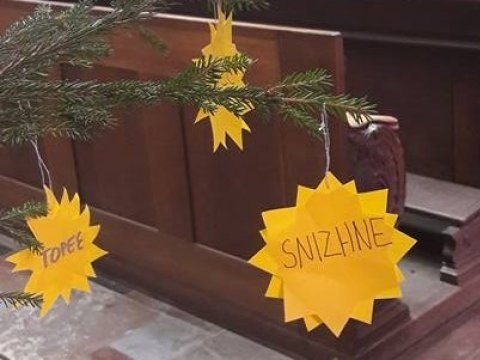
Cathedral in Prague supports occupied cities of Donbas
Prisoner exchange in Donbas to take at least 3 hours
